Treasury Secretary Scott Bessent used his Sunday appearance on NBC’s “Meet the Press” to argue that Americans will soon feel real relief at the grocery store, casting the Trump administration’s latest tariff rollback as a key driver of what he described as rapidly improving economic conditions. Speaking with host Kristen Welker just days after President Donald Trump paused tariffs on more than 200 imported food items, Bessent framed the move as part of a broader turnaround rooted in the administration’s policy course.
He returned to a theme he has invoked before, pointing to what he called the “three I’s” that had been weighing on household budgets: immigration, interest rates, and inflation. “In March of 2024 I wrote a piece, and I talked about the three I’s that were killing Americans: immigration, interest rates, and inflation. The president closed the border and the mass immigration is gone, and that was putting a lot of the … upward pressure on housing and downward pressure on wages.” From there, Bessent sketched out a landscape in which borrowing costs have eased, home sales surged in October, and energy and health-care costs are headed downward. “Energy prices, gasoline is down we saw — we believe health care is going to come down. We will see an announcement this coming week on that and so across the board prices are starting to come down. We’re having Thanksgiving. This will be the lowest cost for a Thanksgiving dinner in four years. Turkey prices are down 16%.”
Welker pressed him on whether the administration’s earlier tariffs had contributed to the very price spikes the White House now hopes to reverse. Bessent rejected the premise, insisting Americans were not imagining the economic pain of the Biden years and that inflation had not re-accelerated under Trump. “Inflation hasn’t gone up and the one thing we’re not going to do is do what the Biden administration did and tell the American people they don’t know how they feel,” he said. “They are traumatized … over the Biden inflation we have slowed inflation and we are working very hard to bring it down.”
When Welker questioned whether lifting tariffs was itself an acknowledgment that they had raised costs, Bessent argued that imported-goods inflation has remained flat and that service-sector expenses — not tariffs — have been the primary culprit. He pointed to ongoing negotiations led by the U.S. Trade Representative with several Latin American and Central American countries as the mechanism allowing the administration to ease duties without losing leverage. Even as Welker cited price jumps in staples like bananas and coffee, Bessent sidestepped the tariff blame game with an analogy. “Kristen, how much does your arm weigh?” he asked. When she laughed and said, “That, I do not know,” he followed with the point he wanted to make: “Exactly, you know how much you weigh and you get on the scale every morning. And inflation is a composite number and we’re looking at everything and we push down the things we can control, and, as I said, that we are working on the energy prices are down and everything flows from that, and I think we’re going to see these other prices come down.”
Pressed for specifics, Bessent offered an unusually clear timetable: “Some are going to come down in weeks, some will be down in months.” It was another combative turn for the Treasury secretary, who just last month accused Welker of trying to “cherry-pick” economic data during an earlier appearance on the program.
[Read More: Trump Changes Somalia Immigration Standing After Massive Fraud Uncovered]

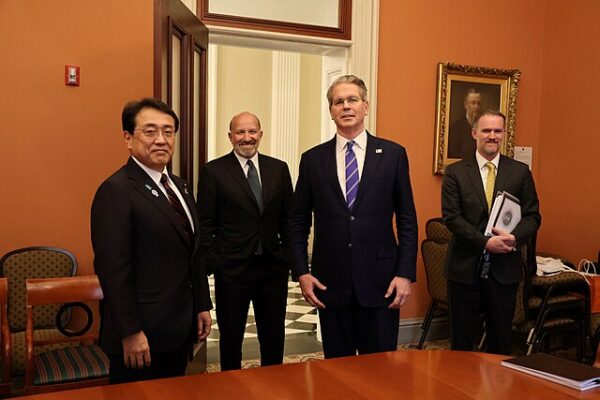




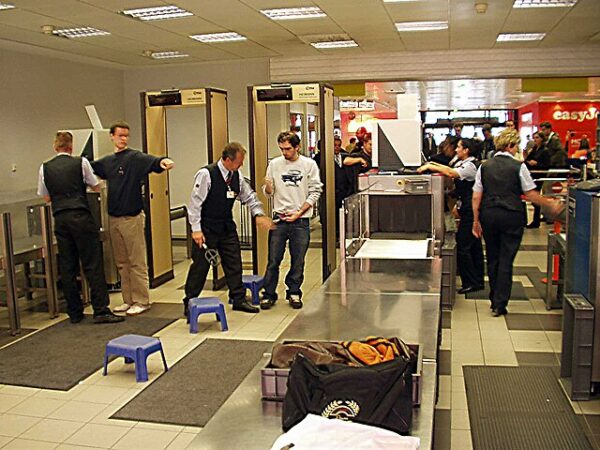
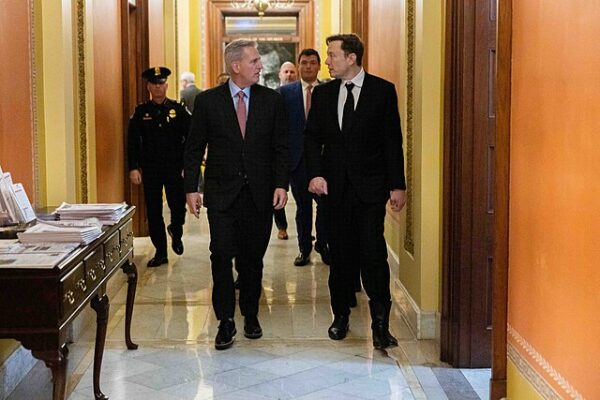

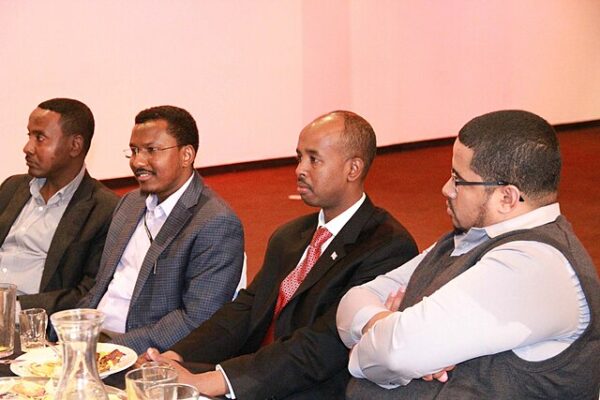
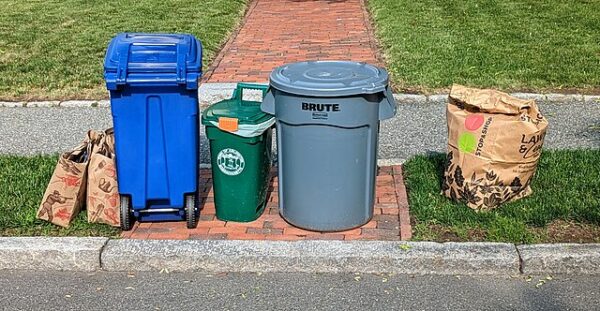
I don’t believe a word of this. When businesses raise prices THEY NEVER REDUCE THEM !!! They are just like every government “give-a-way” program. Once they exist they are NEVER SHUT DOWN.